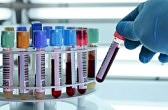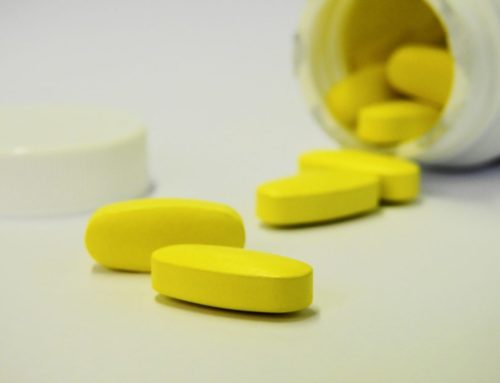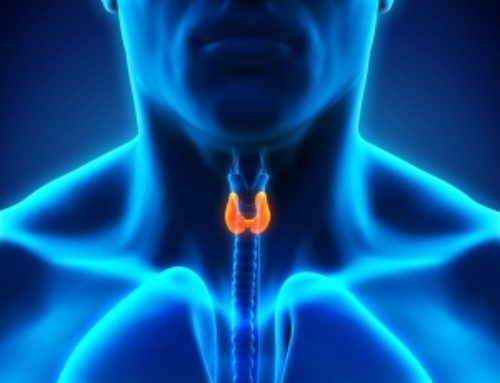Thyroid Dysfunction affects approximately 20 million Americans and is still under-diagnosed. Are you one of the many individuals who have fallen through the cracks? How much do you know about the thyroid gland? It’s possible that you have been living with an undiagnosed thyroid disorder for years. Below are several signs of thyroid dysfunction.
- Weight Gain
- Hair Loss
- Exhaustion
- Constipation
- Depression
- Mental Fog
- Dry Skin
- Dementia
- Cold Intolerance
- Hoarse Voice
- Irregular Menstruation
- Infertility
The thyroid gland and its related hormones act like a cornerstone of a large wall. If it becomes altered, every brick in the wall changes, leaving the structure weaker and vulnerable. The thyroid hormone acts on every major system of the body, organ, and cell. If the thyroid goes down, the entire body goes down with it.
The Great Thyroid Myth
The great myth of the thyroid is that one test and one magic bullet treatment can fix thyroid dysfunction. Traditional and non-traditional physicians often test TSH (Thyroid Stimulating Hormone) once, and definitively tell a patient they do/do not have thyroid dysfunction. If treatment is necessary, traditional physicians prescribe Synthroid (Levothyroxine), and non-traditional practitioners suggest iodine. In truth, several glands, hormones, and proteins are responsible for thyroid function. A battery of tests, clinical discernment, lifestyle adjustment, supplementation, and medications may be necessary to properly diagnose and treat thyroid-related symptoms.

Proper Testing
TSH testing for thyroid disorders is not sufficient enough to determine where the breakdown of the thyroid regulatory system is occurring. Most complete test batteries for thyroid disorders include: TSH, T3 free, T# total, Reverse T3, T4 free, T4 total, TPO antibody, and Thyroglobulin. That can be just the start as results often lead to more tests. However, these tests are needed to properly find the cause of the thyroid dysfunction.
Proper Diagnosis
Hypothyroidism is not a proper diagnosis for those who have thyroid disorders. It is simply not complete enough and shows a lack of proper testing. It is analogous to diagnosing someone with low-back pain or irritable bowel syndrome. The label simply points to the symptom not the problem. If you have been diagnosed with hypothyroidism, follow up with this simple question: “WHY?”
The production, conversion, and uptake of thyroid hormone in the body involves several steps. A malfunction in any of the steps can cause hypothyroid symptoms, but may not show up on standard lab tests. It’s incorrect and even negligent to assume that all cases of hypothyroidism share the same cause and require the same treatment. Yet that’s exactly what the standard of care for hypothyroidism delivers.
Once suspicions have been confirmed, and a diagnosis of thyroid dysfunction has been delivered, what happens next? What treatment options exist? Possibly the most important question is, “Am I destined to take thyroid medication for the rest of my life?” Coming up, we’ll discuss the most common cause of thyroid dysfunction and natural treatments that exist for thyroid disorders. In the meantime, if you have questions about your specific situation regarding your thyroid, feel free to contact us at our Roanoke, Virginia, chiropractic office. We’re happy to serve you.
Dr. Daryl Rich, DC, CSCS




![Detox With Bone Broth – A [LivFit] Case Study](https://www.coreroanoke.com/wp-content/uploads/2018/03/bone-625336_1920-500x383.jpg)

